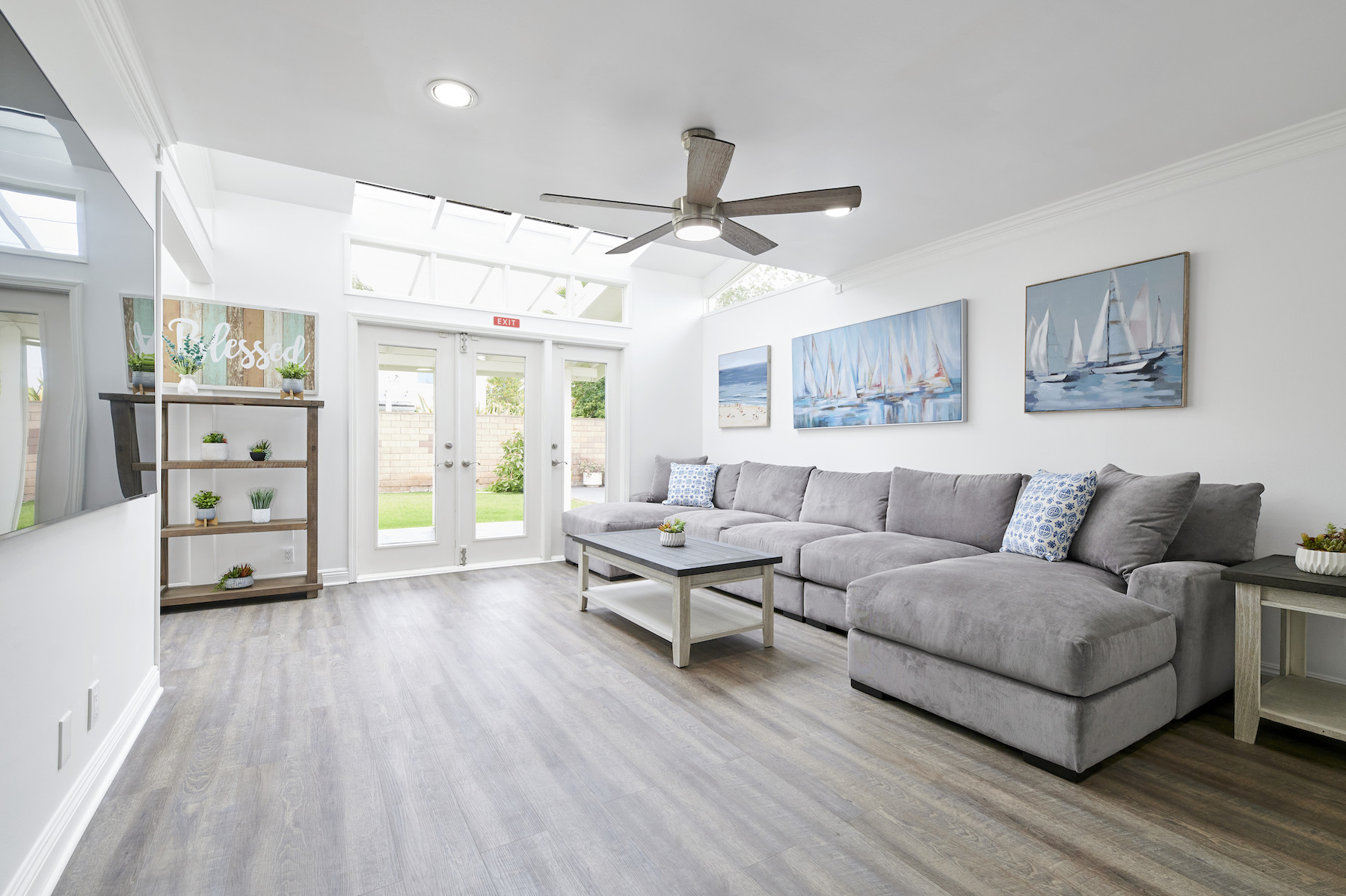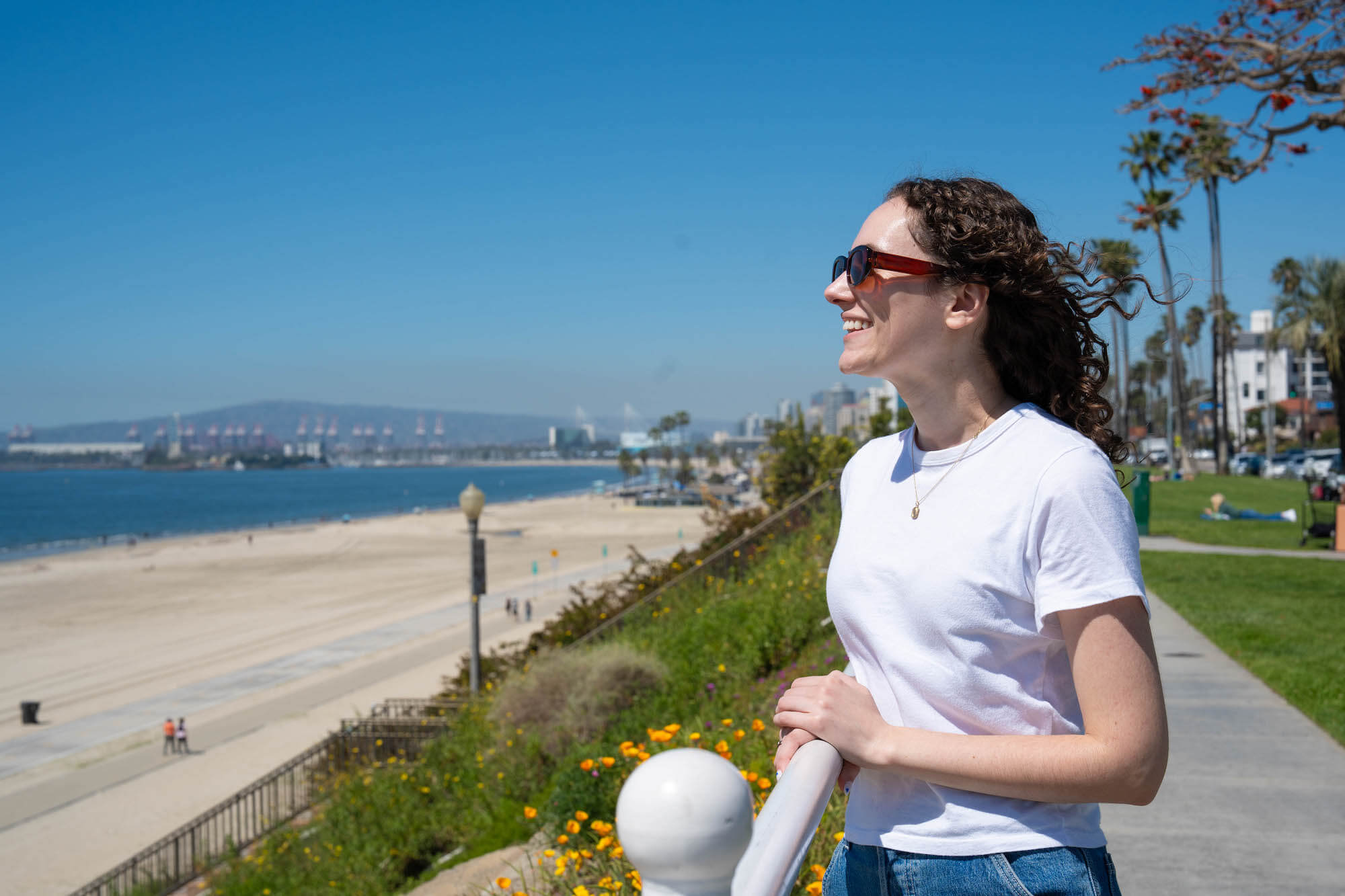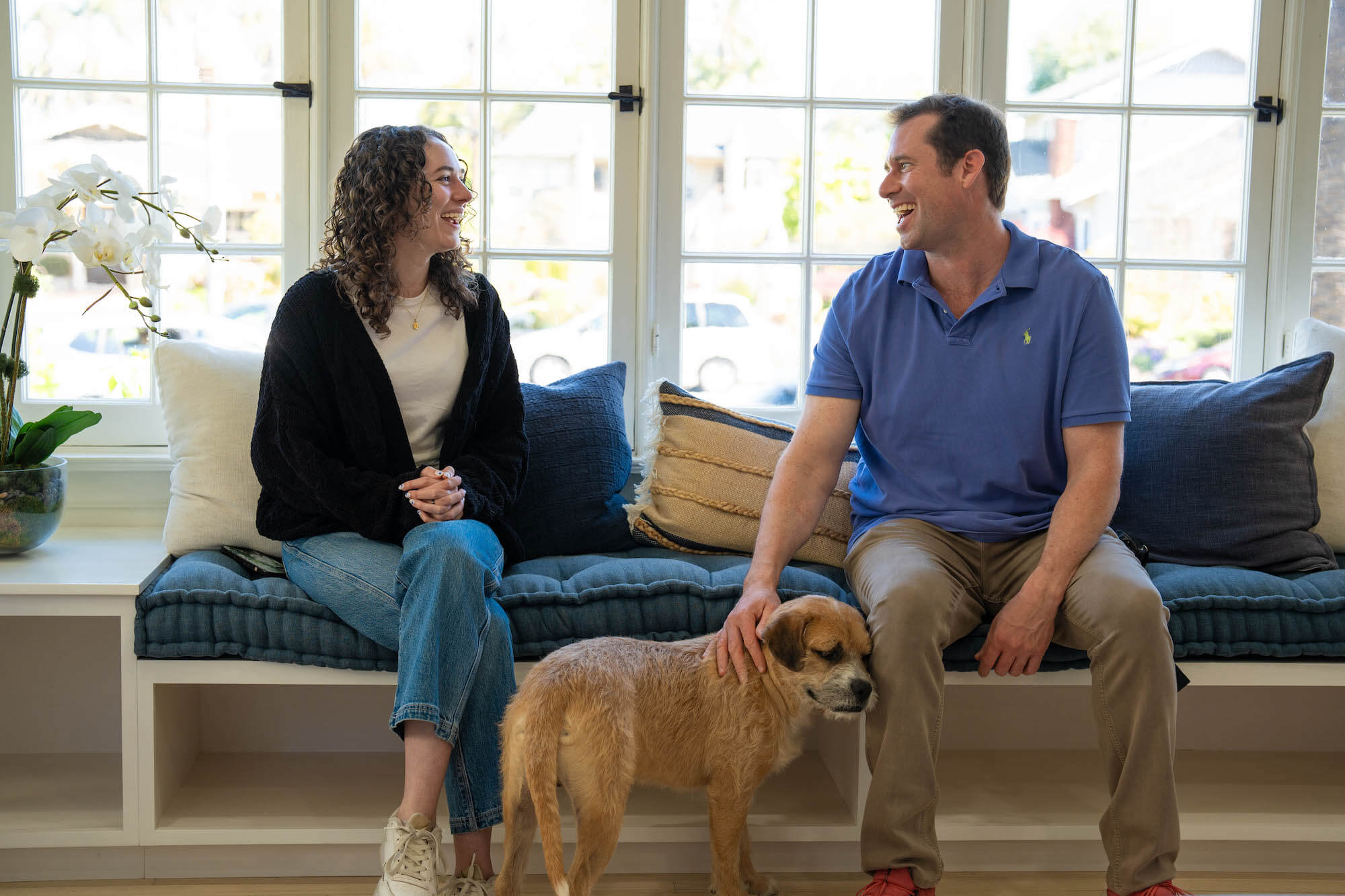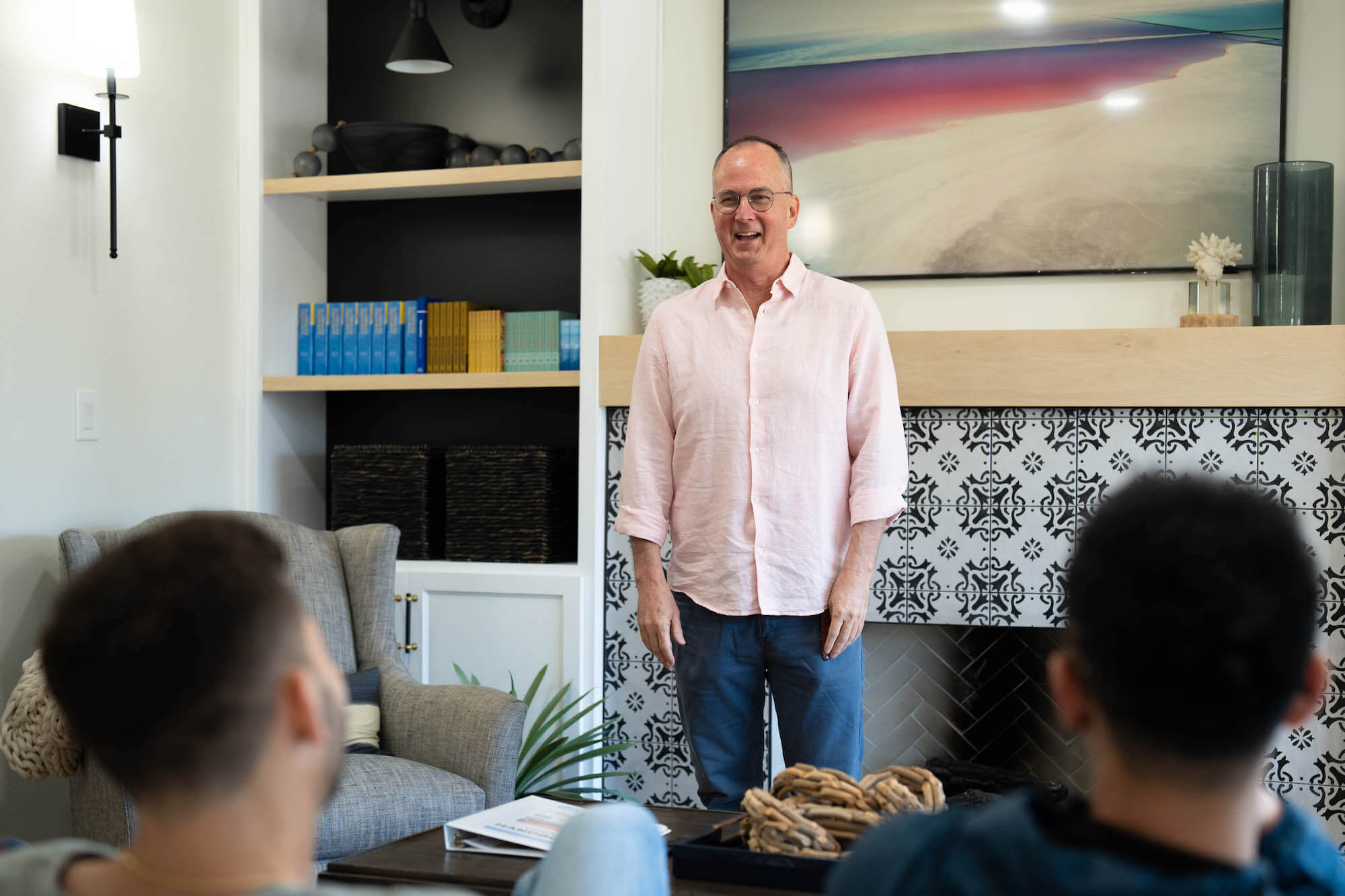Is Codeine a Narcotic? Yes, Codeine is a naturally occurring opiate derived from the opium poppy plant, and it is classified as a Schedule II narcotic under the CSA (Controlled Substances Act) in the United States.
This guide is aimed at those who have questions like “Is codeine a narcotic”, “what is codeine used for” “does codeine help pain”, and “is codeine a drug”. We’ll get started with some codeine facts.
What is Codeine?
Codeine is a narcotic opioid pain reliever that is indicated for the treatment of mild to moderate pain. Codeine may also help reduce coughing.
You can find codeine in single-ingredient tablets or multi-ingredient products that also contain OTC pain relievers or cold medicines. There are many drugs with codeine.
Like all Schedule II controlled substances, codeine has some medical applications, but it also has a high potential for opioid abuse and addiction.
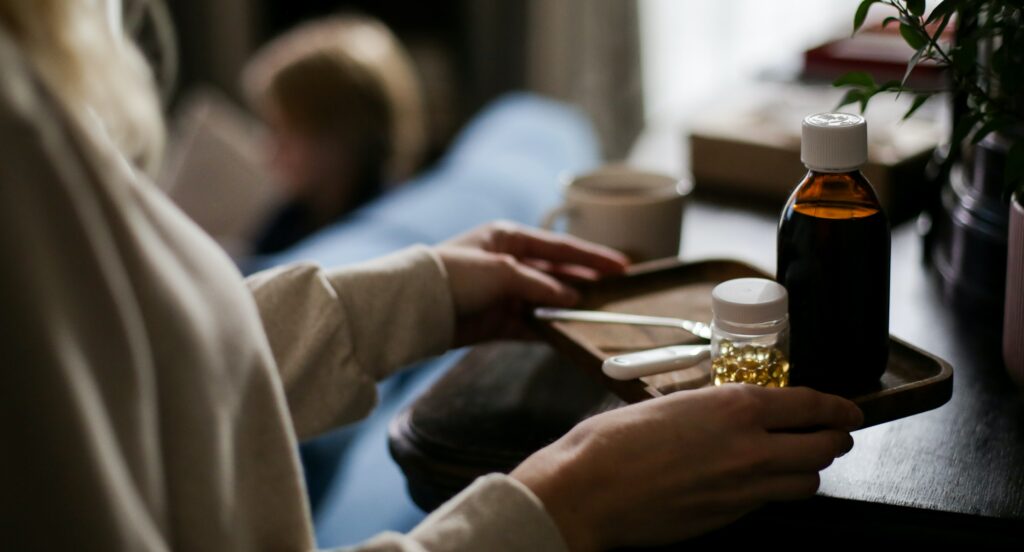
What’s in Codeine?
Codeine is an opioid painkiller that is prescribed to treat mild or moderate pain. Codeine is derived from the seed pods of the opium poppy plant and belongs to the class of drugs known as opioids.
Codeine is an alkaloid that occurs in opium, the dried latex taken from opium poppy plant seed pods. Codeine drugs are available in the form of tablets, capsules, or syrups. Codeine is frequently combined with other medications like acetaminophen and ibuprofen to enhance its pain-relieving properties.
What does codeine do, then, and does codeine help pain?
What Does Codeine Do?
What is codeine prescribed for?
Codeine works by binding to specific receptors in the brain and nervous system, which reduces the perception of pain. Additionally, codeine can produce a sense of relaxation and mild euphoria. Codeine is a controlled substance and is classified as a Schedule II narcotic in the United States due to its high potential for abuse and addiction despite legitimate uses of codeine for pain.
In addition to its pain-relieving effects, codeine can also cause drowsiness, dizziness, and a feeling of well-being or euphoria. These effects can make codeine a popular drug of abuse, especially when used in higher doses than prescribed or when used without a prescription for codeine.
How is codeine used beyond pain relief?
Codeine is also used as a cough suppressant and as an antidiarrheal medication. In cough suppression, codeine works by reducing the activity of the cough reflex in the brain, while in antidiarrheal use, codeine slows down the contractions of the muscles in the digestive tract, which can reduce the frequency and intensity of diarrhea.
Codeine Addiction
Codeine addiction can develop when someone starts to misuse the drug by taking it in higher doses or more frequently than prescribed by a doctor, or without a prescription altogether. This can lead to the development of physical and psychological dependence on the drug, which can cause withdrawal symptoms when the drug is suddenly stopped.
Over time, someone who is addicted to codeine may require higher doses to achieve the same effects, which can increase the risk of overdose and other adverse effects. Addiction to codeine can also be fueled by a desire to avoid unpleasant withdrawal symptoms, which can include nausea, vomiting, diarrhea, muscle pain, insomnia, and anxiety.
Other factors that can contribute to the development of codeine addiction include genetics, environmental factors, and mental health issues. People who have a family history of addiction or who have a history of trauma or mental health disorders may be more susceptible to developing an addiction to codeine or other substances.

Signs of Codeine Addiction
The signs of codeine addiction can be grouped as follows:
Physical Signs
- Respiratory depression
- Seizures
- Low blood pressure
- Dizziness
- Fainting
- Urinary retention
- Dry mouth
- Itching
- Constipation
- Decreased sex drive
- Blue tinges on the lips and fingernail beds
- Rashes
Behavioral Signs
- Fixation on codeine
- Lying to hide the amount of codeine being abused
- Doctor shopping, or visiting a number of doctors in order to obtain greater amounts of codeine
- Ordering codeine on the internet
- Interpersonal relationship problems
- Healthcare fraud
- Stealing or borrowing codeine from friends and loved ones
- Legal problems
- Social isolation
- Frequent ER visits for vague complaints of pain
- Financial problems
- Forging prescriptions in order to obtain more codeine
- Apathy
- Indifference toward loved ones, job, and social activities
- Faking illnesses to obtain more codeine
- Withdrawal from loved ones
Psychological Signs
- Hallucinations
- Delusions
- Worsening of mental health
- Increased mental illness symptoms
- Decreased memory
- Lack of emotions
- Psychosis
Mood Signs
- Mood swings
- Anxiety
- Depression
- Emotional numbing
- Euphoria
- Sense of well-being and calmness
The diagnostic criteria for codeine addiction outlined in DSM-5-TR are as follows:
- Taking more codeine than intended or for longer than planned.
- Making unsuccessful efforts to cut down or control codeine use.
- Spending a lot of time obtaining and using codeine or recovering from the effects of codeine use.
- Craving codeine.
- Failing to fulfill commitments at home, work, or school due to codeine use.
- Giving up or reducing important activities because of codeine use.
- Using codeine in physically dangerous situations.
- Continuing to use codeine despite knowing that it is causing or inflaming physical or psychological problems.
- Developing tolerance – needing to take larger amounts of codeine to achieve the desired effect or experiencing less of an effect with the same amount of codeine.
- Experiencing withdrawal symptoms when codeine use is stopped or reduced, or taking codeine to relieve or avoid withdrawal symptoms.
- Continuing to use codeine despite persistent or recurring social or interpersonal problems caused or worsened by codeine use.
While there is no cure for codeine addiction (opioid use disorder), it is a treatable condition.
Treatment
While codeine addiction can be damaging, there are several evidence-based treatments that typically produce favorable outcomes. Here are some options available for those looking to initiate their recovery from opioid use disorder:
- Detox: The most effective treatment will begin with a supervised medical detox. Detoxing at an inpatient or outpatient treatment facility enables you to address the issue of physical dependence on codeine with access to medications, clinical care, and emotional care around the clock. Codeine detox should act as a bridge into ongoing treatment.
- Medication-assisted treatment: MAT (medication-assisted treatment) is proven effective for treating opioid use disorders. MAT involves the administration of FDA-approved medications – buprenorphine, naltrexone, and methadone – in combination with psychotherapy or talk therapy like CBT (cognitive behavioral therapy). Suboxone is the most common medication used to treat codeine addiction. Suboxone is a combination medication that contains naloxone and buprenorphine, and may help minimize cravings, but without creating physical dependency. MAT can be beneficial during codeine detox and throughout ongoing treatment.
- Behavioral therapies: Behavioral therapies like CBT, DBT (dialectical behavior therapy), motivational interviewing, or contingency management can be an effective component of a codeine addiction treatment plan. Working with a therapist, you will identify and alter any problematic patterns of thoughts or behaviors that contribute to your codeine addiction. You will also develop healthy coping techniques, enabling you to deal with stress more effectively.
Get Treatment for Codeine Addiction at Gratitude Lodge
If you have developed an addiction to codeine, you can initiate a sustained recovery at Gratitude Lodge’ rehab center in Newport Beach and rehab center in Long Beach, CA.
Begin opioid addiction treatment in Southern California with a supervised medical detox program at our pet-friendly treatment centers. Take advantage of FDA-approved medications and 24/7 clinical care to streamline codeine withdrawal. You can then transition into one of these ongoing codeine addiction treatment programs:
- Intensive outpatient program
- 30-day inpatient program
- Dual diagnosis treatment program
All Gratitude Lodge treatment programs combine science-backed and holistic interventions that include:
- Psychotherapy
- MAT (medication-assisted treatment)
- Group therapy
- Family therapy
- Individual counseling
- Holistic therapy
- Aftercare
When you are ready to move beyond codeine addiction, call admissions at 800-994-2184 for immediate assistance.

















